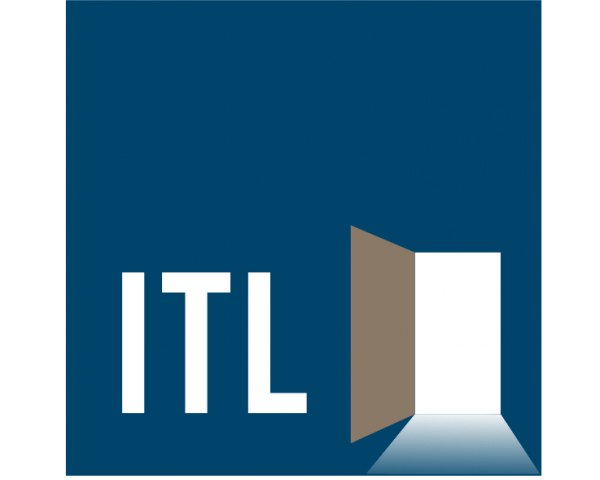To date, many of us writing about generative AI have emphasized the need to harvest all the low-hanging fruit: the easy gains in efficiency that have become available. But maybe it’s time to start looking higher in the tree. I write that largely based on this month’s interview, with Pete Blackshaw of BrandRank.ai and Ron Rock of JobsOhio, where we talked about what Pete calls the “answer economy.” The term comes from the change in search engines. They no longer just supply links to sources that might answer a query. They use AI to summarize those sources and present an answer that usually doesn’t require going deeper. That change hurts publishers like me that rely on search engines to generate traffic (and really damages the far bigger publishers out there), but the more important issue (for those of you not in my shoes) is that online marketing has changed forever. You can no longer cast a wide net and expect to follow a traditional funnel strategy, where you keep moving people downward from general interest toward a purchase. Now you either show up in that initial search about “What are the best auto insurers” or you don’t. And, as Pete observes, mostly you don’t. The change creates obvious challenges but also provides opportunities for those companies that take advantage of this disruption. Pete is trying to do so through a startup that uses AI to monitor whether companies show up in those AI-generated answers in response to key questions about them and their markets. But he also offers advice on how any company can do better – “write to the algorithm,” he says. I hope you find the interview with Ron and Pete as interesting as I did. Cheers, Paul | 

